
(Ecofin Agency) – The BCEAO said it will keep taking the necessary steps to maintain monetary and financial stability in WAEMU while also supporting economic growth. Although there were no rate hikes this year, the cost of resources for banks has increased significantly.
The Central Bank of West African States (BCEAO) has decided to keep its key interest rates unchanged following the Monetary Policy Committee (MPC) meeting on December 4.
The main lending rate, at which the central bank lends to financial institutions, remains at 3.5%, while the marginal lending rate stays at 5.5%. These rates have been unchanged since December 2023, although the cost of resources at the central bank’s weekly window has risen by 200 basis points since the end of December 2023. Commercial banks borrowing at the window now face interest rates above 5.5%, up from 3.5% at the end of last year.
Inflation Pressures Continue
Despite a slight recent decline, inflation remains a key concern for the BCEAO. It stood at 4.1% in the third quarter of 2024, before easing to 3.4% in October. While these numbers are down, they still exceed the central bank’s target range of 1% to 3%.
For 2024, the average inflation rate is expected to be 3.6%, slightly lower than 3.7% in 2023. However, “inflation risks are expected to remain on the rise in 2025. These risks include the security situation in some countries, the impact of unfavorable weather conditions on agricultural production, and the effects of geopolitical and trade tensions on global energy and food prices,” said Jean-Claude Kassi Brou, the BCEAO governor.
Strong Economic Growth Despite Challenges
Despite these challenges, the economic outlook for the West African Economic and Monetary Union (WAEMU) remains strong. The GDP growth rate is projected to reach 6% in 2024 and 6.3% in 2025, driven by adequate financing and a recovery in key sectors, according to the BCEAO. Loans to the economy increased by 5.9% year-on-year by the end of September 2024, reflecting the confidence of banks in the economic environment.
Improved External Position but Ongoing Vigilance Needed
Jean-Claude Kassi Brou noted that “despite an improvement in the trade balance with the rest of the world due to favorable terms of trade, the Union’s external position should be further strengthened.”
This positive trend, combined with increased mobilization of external resources (such as Eurobonds, IMF loans, and concessional financing), is expected to strengthen the economic and monetary stability of the Union in the coming months. However, the ongoing uncertainties from global geopolitical tensions call for caution in monitoring fluctuations in international markets.

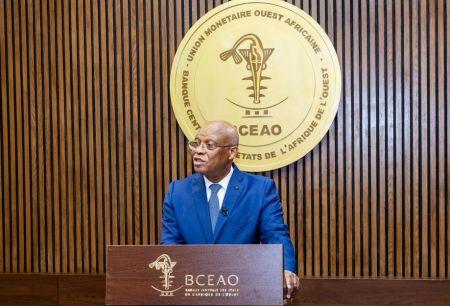
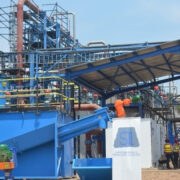
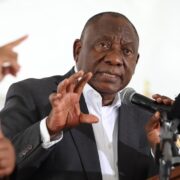
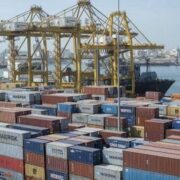
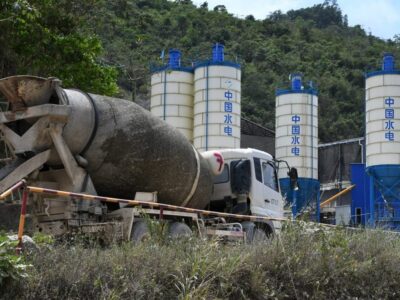



Comments